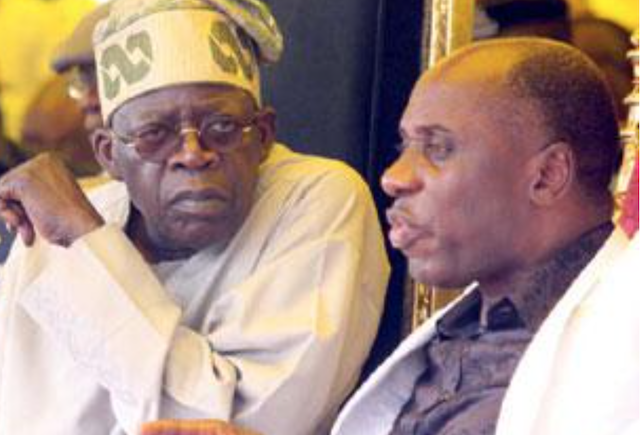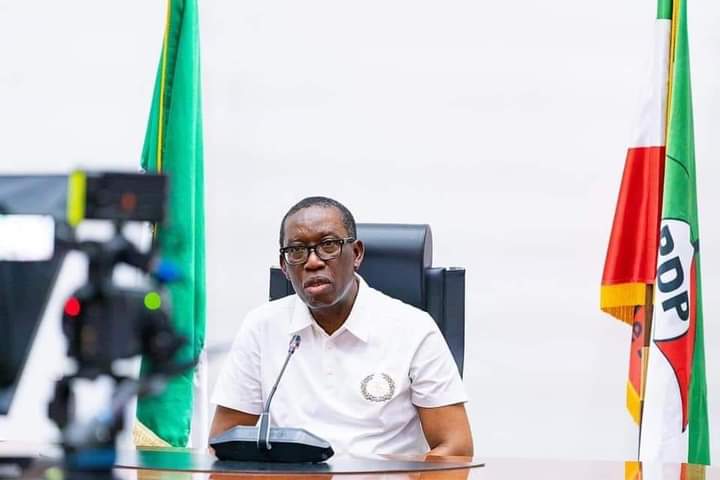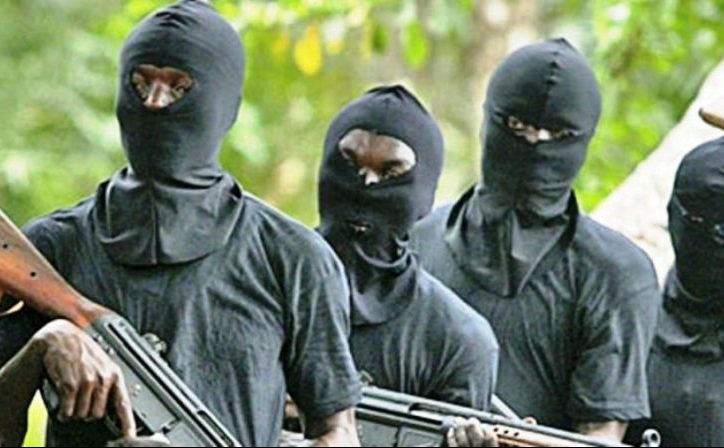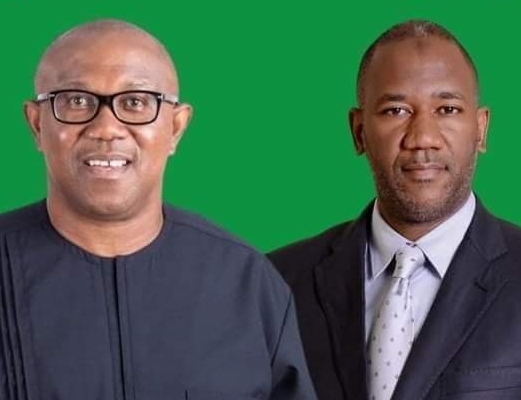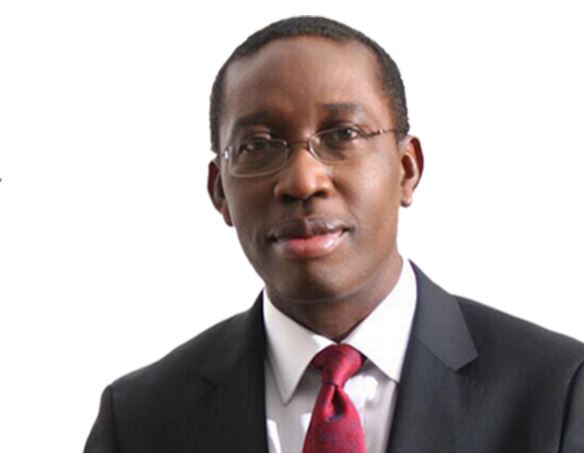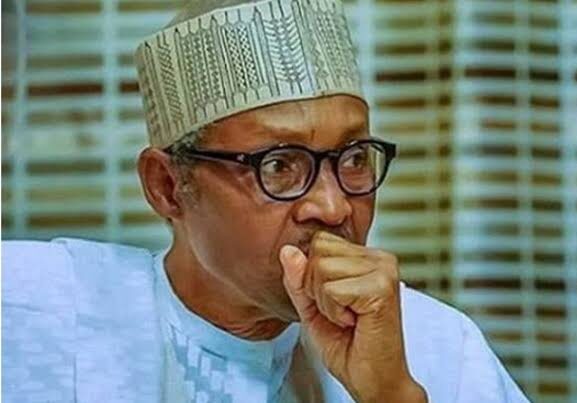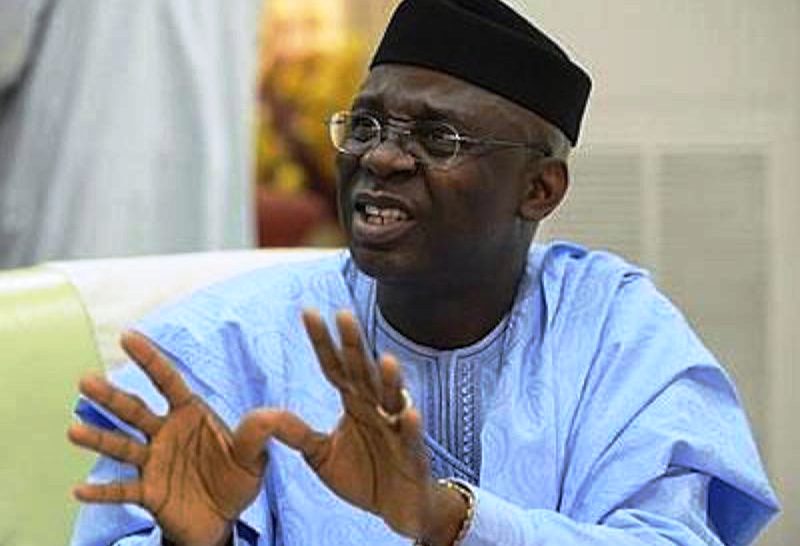What’s happening in the Rivers State chapter of the All Progressives Congress, and by extension in the Peoples Democratic Party, appears to defy logic. But it isn’t!
It’s the way politicians muddy-up the political arena when their self interests are threatened or aspirations unfulfilled. Those are the scenarios in the Rivers APC, and PDP.
For example, supporters of former Transportation Minister, Chibuike Rotimi Amaechi, are issuing “warnings” about his possible defection from the APC to the PDP, even as Amaechi’s notable allies leave the APC in droves.
On the PDP side, protégées of Governor Nyesom Wike are dumping his leadership amid internal feuds stoked by Wike in protest of his defeat at the presidential primaries.
The APC and PDP primaries in June and May were high-stake exercises that saw the former and incumbent governors of Rivers coming short in second position.
Amaechi’s trusted ally, Eze Chukwuemaka Eze, sounded the defection alarm following well-publicised emissaries of APC’s presidential candidate, Asiwaju Bola Ahmed Tinubu, hobnobbing with Wike on separate occasions.
Amaechi is reportedly “unhappy” that Tinubu has snubbed him since the duelling June 6-8, 2022, primaries in which Amaechi came second to Tinubu.
Rather than strive to improve relationship with Amaechi post the primaries, Tinubu has literally rubbed-in his defeat by romancing with Wike, Amaechi’s political arch rival.
Trust Wike! Fighting to recover his mojo aftermath of his defeat by former Vice President Atiku Abubakar, he’s made a show of the cross-party “rapprochement” with Tinubu.
While Amaechi’s tactically cloaked his anger over his defeat by Tinubu, Wike’s dramatised his dissatisfaction for being bested by Atiku, blaming his loss on PDP’s leaders.
Interestingly, Wike’s display of bitterness, and his avowal to reveal the schemings that robbed him of victory, has made him the “beautiful bride” in the 2023 election cycle.
Thus, Wike’s courted by alarmed PDP leaders angling for a truce, and chieftains of other major political parties, including the APC and Labour Party, respectively.
This seems the immediate rationale for the angst in the Amaechi camp, and the threat of his defection to the PDP he’d decamped from in the build-up to the 2015 polls.
It’s uncertain if the rush to exit a divided Rivers APC is a prelude to Amaechi also leaving the party. Chief Eze had earlier shot down reports to that effect. But polity watchers won’t be surprised if Amaechi joined the exodus of his former allies and supporters to return to the PDP.
Lately, Eze purveys the alleged ill-feelings in the chapter, seemingly initially triggered by Tinubu’s backing of Amaechi’s political soulmate-turned rival, Sen. Magnus Abe, who Eze derisively labels as “Tinubu’s ally.”
Let’s recall a scene in the heat of the campaigns to grab the APC presidential flag. In an analogy of “actions speak louder than words,” Amaechi, unveiling his presidential run at the Port Harcourt International Stadium – one of the legacy projects of his administration in Rivers (2007-2015) – did a “100-metre dash” to the cheers of his supporters.
This was to show his fitness to be president, and a direct dig at Tinubu’s ill-health that some Nigerians say makes Tinubu unsuitable for the post of president in 2023.
Besides, coming home to a rousing welcome from Abuja after the primaries and a seven-year stint as Minister, Amaechi’s embarked on a meet-APC-members in Rivers, during which he alleged a “dollarised” Tinubu ticket.
Amaechi’s words: “Those who collected dollars at the APC primaries are now regretting,” perhaps for choosing Tinubu as APC’s flagbearer, instead of Amaechi who’d only battered Naira for the expectant APC delegates.
Amaechi’s obvious outburst against APC’s Muslim-Muslim ticket, is akin to the polity-shaking remarks by Tinubu in Ogun State, en route to the June primaries.
Tinubu, crowing “Emi lo kan” (“It’s my turn” to be president), listed how he politically made many APC’s heavyweights, including President Muhammadu Buhari.
Nationwide condemnation was swift across party lines, but particularly from members of the APC, the Presidency, the National Chairman, former Nasarawa State Governor Abdullahi Adamu, and chieftains of the party.
While Sen. Adamu vowed to “punish” Tinubu for his effrontery, Tinubu’s rivals in the primaries were elated that his “unguarded statement” would sink his aspiration.
Prior, Adamu had sprung a “consensus” presidential candidacy of Senate President Ahmad Lawan, in total conflict with the decision of the APC governors and Buhari for an open contest for the aspirants, including Dr Lawan and Kogi State Governor Yahaya Bello, who refused to withdraw from the race for only Southern aspirants.
But it’s the Abeokuta no-holds-barred outing that saved Tinubu’s candidacy, and restored the unprecedented backing of Northern APC governors for the presidency to rotate to Southern Nigeria for the 2023 polls.
At the primaries, Tinubu scored 1,271 votes, to Amaechi’s second place finishing of 316 votes that his supporters widely celebrated, even as they downplayed Tinubu’s victory and highlighted Atiku’s candidacy – suggesting that something’s amiss in the Amaechi camp.
And soon after Amaechi’s “triumphal homecoming,” a highly-visited WhatsApp page managed by Eze, dedicated to propagating the “Principles and Philosophy of CRA” (Chibuike Rotimi Amaechi), began to run negative stories about Tinubu’s Muslim-Muslim ticket, the protests by Christians and defections from the APC therefrom.
It’s understandable if Eze – who prides his secretaryship of the defunct New PDP (nPDP) that merged with the APC after its formation in 2013 – celebrated the emergence of Atiku as the PDP candidate, but downplaying Tinubu’s success at the primaries was beyond imagination.
So, it looks too much for Amaechi to swallow double “uncomfortables” in the Rivers APC that’s under his leadership: Tinubu having the ear of Sen. Abe, and Governor Wike in Amaechi’s political turf.
To be candid, Tinubu isn’t Amaechi’s problem in Rivers chapter of the APC. It’s self-inflicted as Amaechi tries to install a riverine indigene as governor since 2015.
The laudable moves of fair and equitable representation of all sections of Rivers have been resisted by ambitious politicians from the majority upland section of the state.
From 1999 till date, the upland has produced governors Peter Odili (1999-2007), Celestine Omehia (in 2007), Amaechi (2007-2015) and Wike (2015-2023).
Former Sen. Abe (Rivers South East) is particularly incensed by Amaechi’s alleged scheming of the electoral process in his bid to install a governor of riverine origin.
Feeling a sense of entitlement to the ticket he lost in 2015 and 2019, Abe reportedly sabotaged the APC craving by instigating the courts to ban wholesale APC’s candidates for governor and national and state assemblies in 2019.
Abe mounted similar efforts for the 2023 polls, but was thwarted by the courts, prompting his decamping to the Social Democratic Party that offers him the ticket to run.
So, rather than being hurt by Tinubu’s political romance with Abe and Wike, Amaechi should deploy Abe’s exit from the APC to re-event the party, and prevent its further depletion, and a third loss of Rivers in a row since 2015.
Unless he’s plotted to return to the PDP all along, doing so on the back of a so-called Tinubu’s neglect would portray Amaechi as a sore loser not different from Wike that his supporters have laughed off the primaries stage.
*Mr Ezomon, Journalist and Media Consultant, writes from Lagos, Nigeria
